I remember when I realized I was Asian.
It was a comment on the school playground—that I was hanging out with a "white boy." Before, there was no difference between us. My friend and I just had fun together. But after that comment, I looked in the mirror and realized I was different.
Growing up in Bayside, New York—I was surrounded by Asian people. I thought all of America was like this—that we were the ethnic majority. I felt safe, included, and ready for my American dream—to be a famous Hollywood composer.
Like other kids, I was obsessed with films like Star Wars, The Lion King, and Spider-Man—yes, the very first one with Tobey Maguire. To me, the coolest parts of those movies weren't the dazzling action scenes the other boys liked—or even the characters. It was the music. I would hum the melodies all the time. And when I learned to play piano and violin—like every other Asian kid—the house was never spared my musical enthusiasm.
I began to write my own music, and in college, I was a composer for short films. I got into film music programs, learned from amazing teachers, and saw my American dream slowly come together.
But there was one problem.
I looked in the mirror and realized I wasn't just Asian. I wasn't white. I wasn't like the composers for Star Wars, The Lion King, and Spider-Man—no matter how many times those franchises were rebooted.

I struggled to be accepted for new composing work, and in my mind, it was because I didn't belong. I did not see a pathway to success for someone who looked like me, and as anti-Asian sentiment rose during the pandemic—I realized I made the right choice to leave music behind.
There was something deeply demoralizing about abandoning my dream—something so un-American about it, and also un-Asian. Hard work should get you where you want to go, no? To survive, I pivoted into tech and applied my work ethic to get into Fortune 500 companies like Humana, Fannie Mae, and Thermo Fisher Scientific.
In my desperation to not just get a tech job but excel at it—and maybe prove to myself that persistence could get me what I wanted—I worked all the time and never touched an instrument again.
One day, during an exceptionally long business meeting—staring at boring data presented in a boring way from my boring chair in my boring studio stuck in my boring apartment building during lockdown—I remember thinking: "Is this what the rest of my life will be like?"
I decided I wanted—I needed—to be creative again. Or I would die with my last memory being bad PowerPoint.
I began to build my personal brand. I posted on social media about my area of expertise in data storytelling and was shocked to see the followers grow. I made video content and started a YouTube channel—with my Asian face now in front of tens of thousands of eyeballs.
I did get comments about my race. I was one of the very few Asian voices in the space—with the majority being white. But this time, I wasn't going to let that stop me.
My public speaking career took off, and I began to speak on stages around the world. Now, not just my face but my entire Asian-ness was in front of people live. I thought, "Why not go for the biggest opportunity of all?" I applied to be a TEDx speaker, and to my shock, got accepted for that too.
I remember taking a real, deep, intimate moment to pause right there and savor that accomplishment. Yes, bias exists. Yes, racism exists. But the biggest thing that held me back my entire life had been myself. Look at what I achieved when I started to believe in me.
I decided my TEDx talk would be about my journey with music. No, I hadn't written music in 10 years. But every day that I coached, consulted, trained, and spoke on data storytelling—I realized I was writing music—just not with notes, but with numbers. I was teaching people how to not bore each other to death in meetings by making their data more musical.
When I stepped on the stage to give my talk on music and data storytelling—I remember the feeling. I hadn't looked at a crowd with a piano at my fingertips in 10 years. With every note I played on my rusty fingers—I reclaimed more and more of me. And when I stepped off the stage after giving a concert bow—I realized I did fulfill my dream to become a composer. Just in a beautifully different way.
After looking at my complimentary headshots, I remember seeing the Asian—not white—face I had for so long shunned and thinking, "I hope that can inspire others like me to one day go for their American dream."
Christopher Chin is founder and CEO of The Hidden Speaker, a public speaking and data storytelling training organization. He is an international speaker and consultant with his signature TEDx talk—"How Music Can Make Your Data Sing"—released in 2024.
All views expressed are the author's own.
Do you have a unique experience or personal story to share? See our Reader Submissions Guide and then email the My Turn team at myturn@newsweek.com.

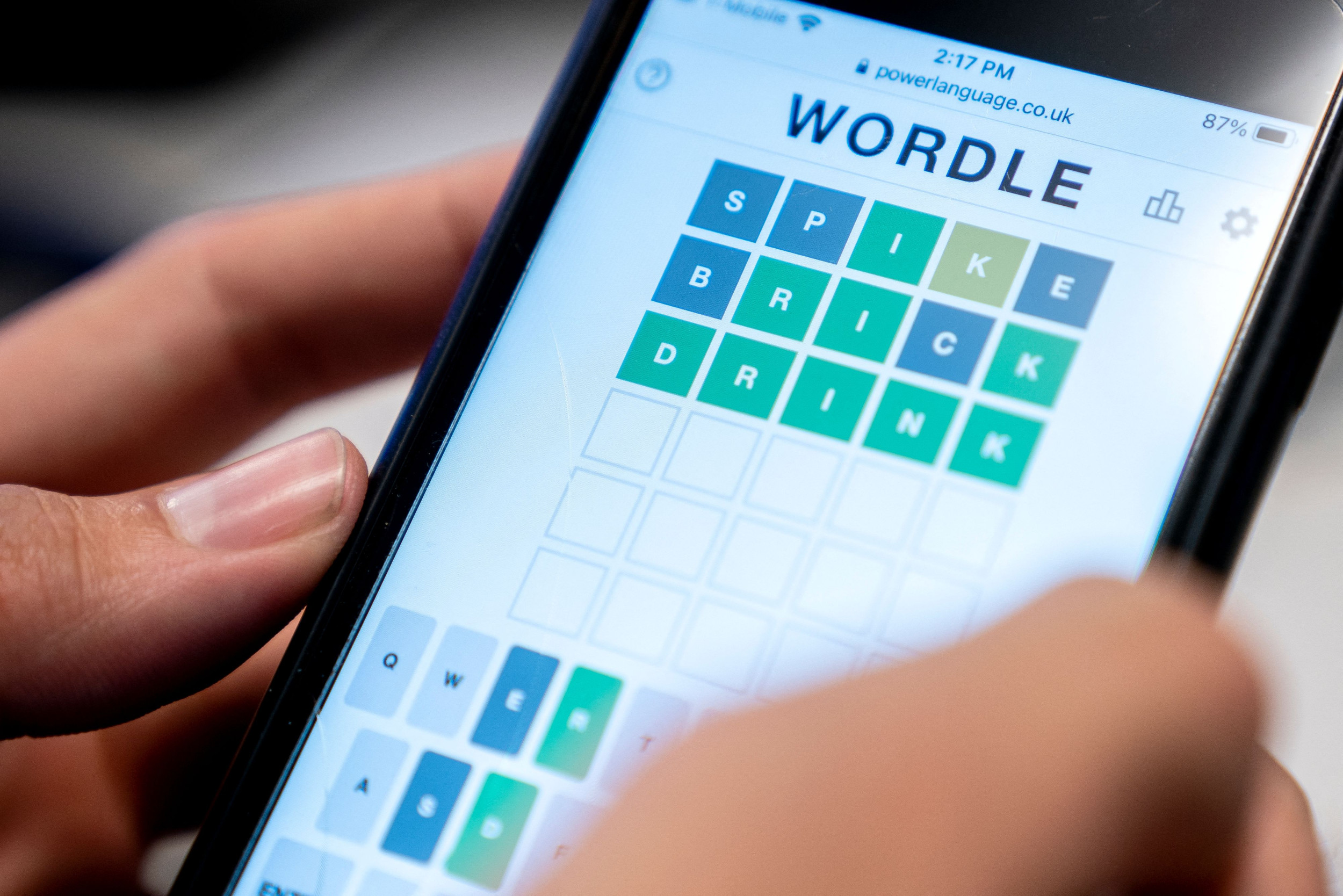



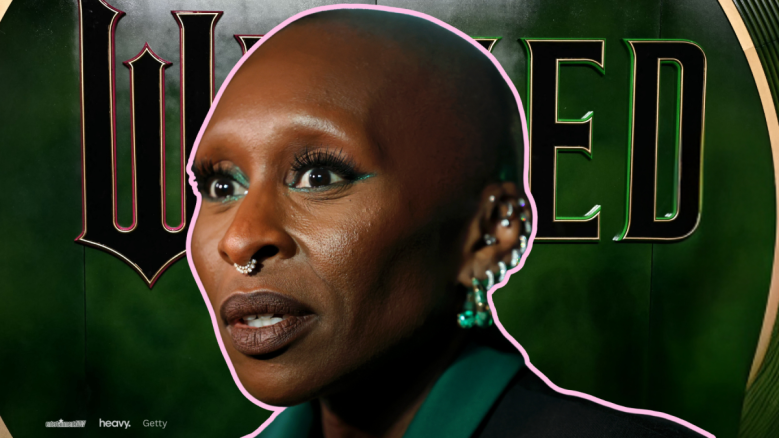

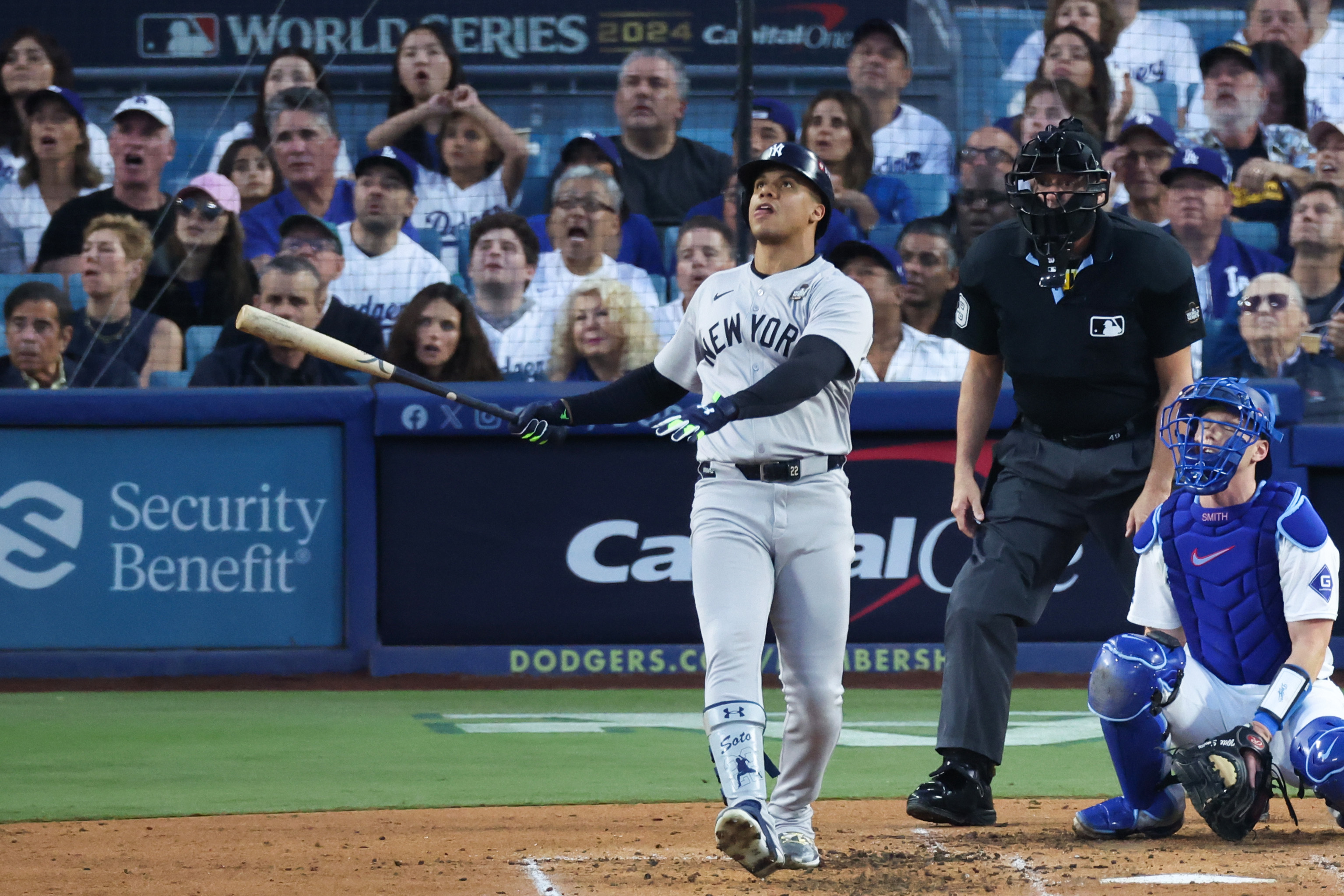
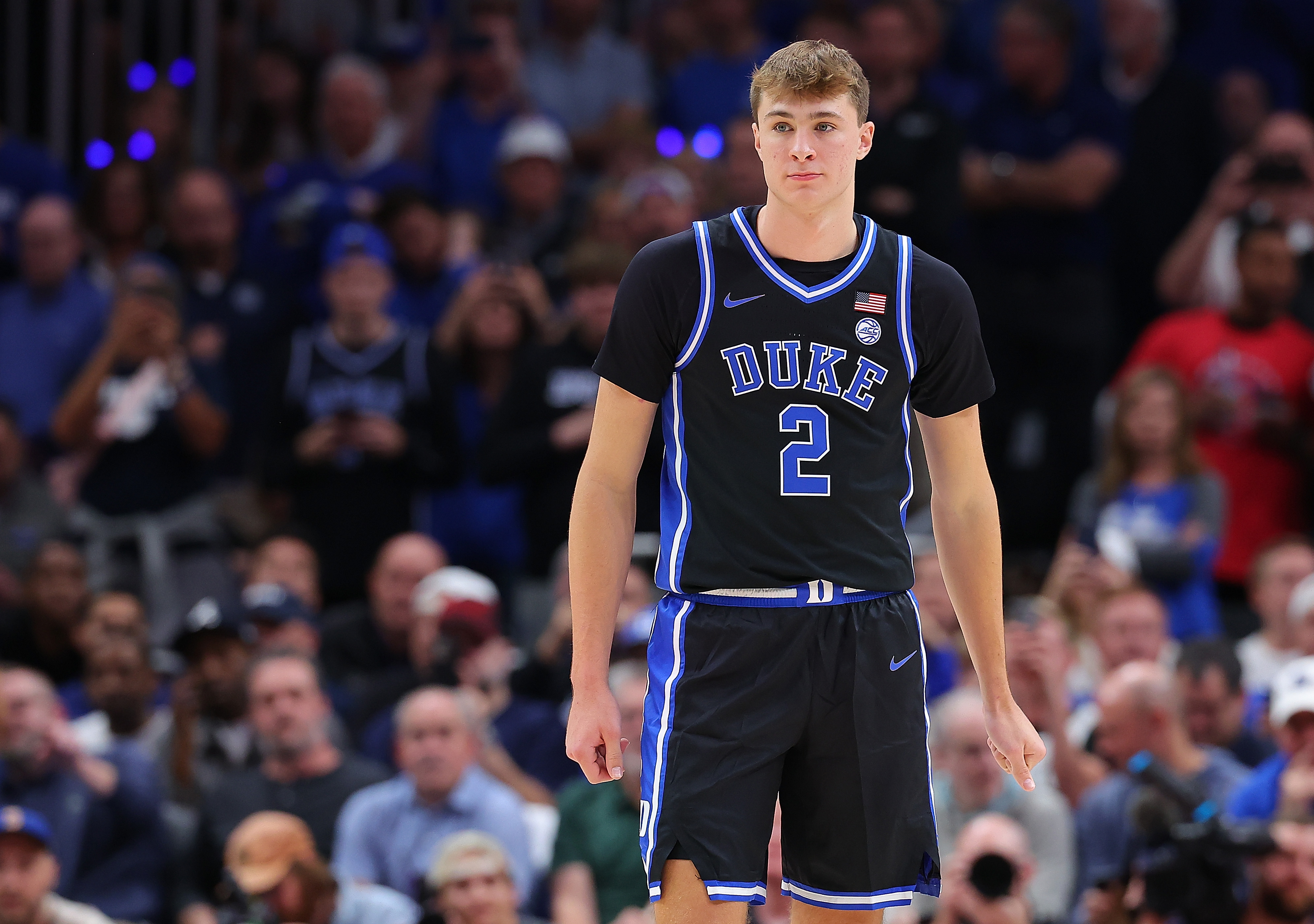


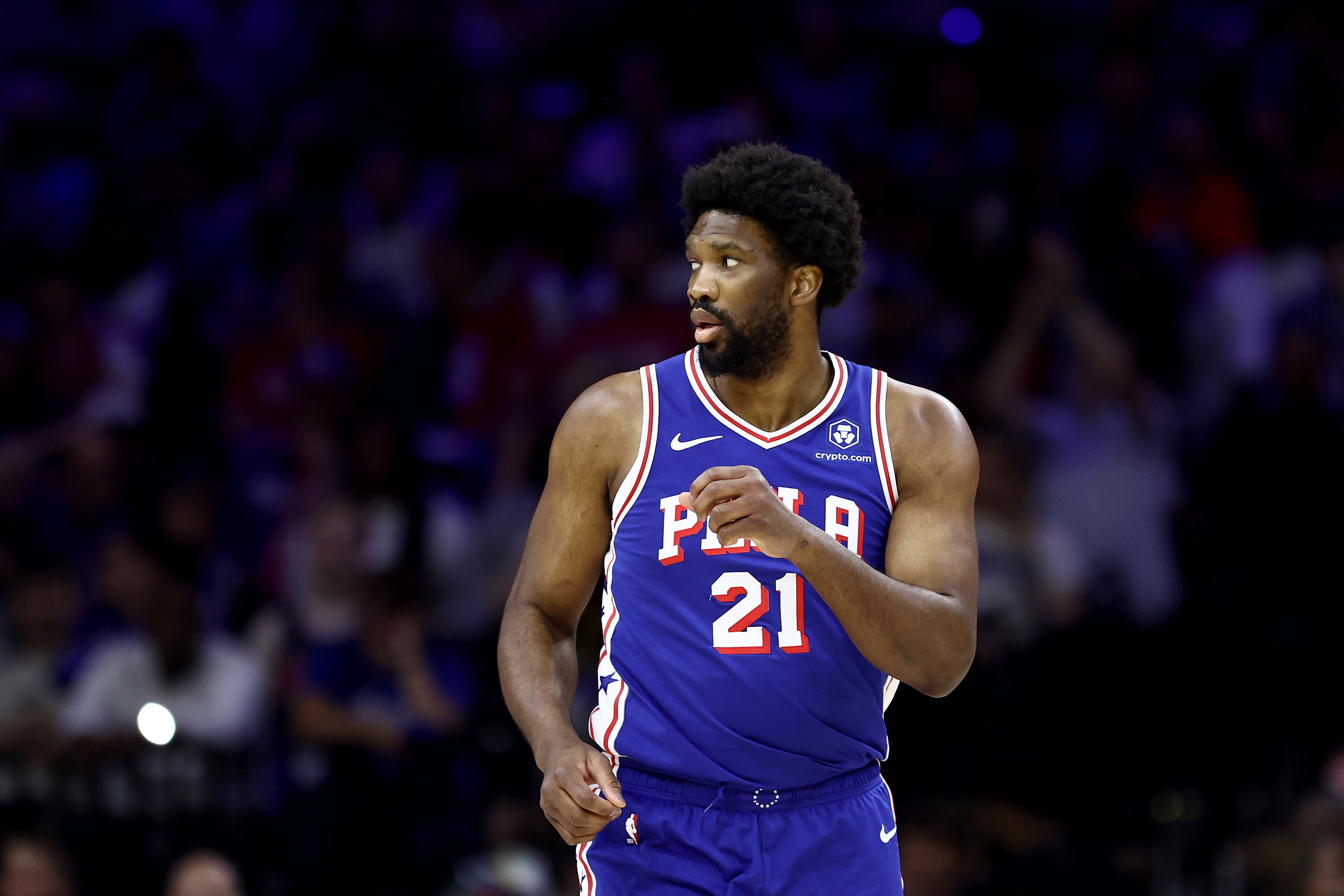








 English (US) ·
English (US) ·